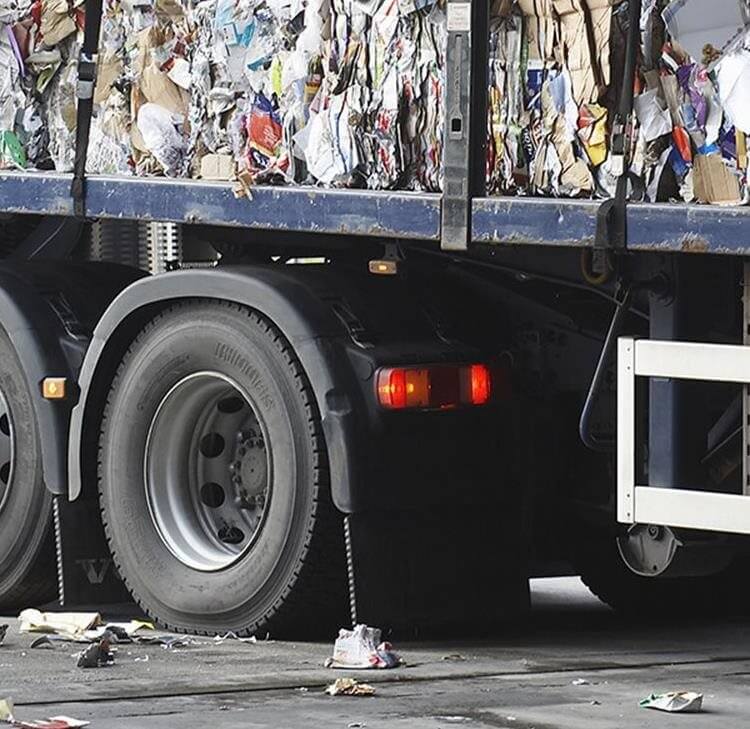Points-based Immigration System
The UK government has now unveiled its proposed points-based immigration system which will come into operation from 1 January 2021.
The UK government has now unveiled its proposed points-based immigration system which will come into operation from 1 January 2021. This will apply the same system to all migrants, irrespective of whether they are EU or non-EU citizens and will bring an end to the free movement of workers from the EU.
Whilst a points-based approach has been taken for most highly-skilled workers, skilled workers, students and a range of other specialist work routes, the criteria differs across these groups. However, the government has been clear that it will not introduce a low-skilled or temporary work route in an attempt to meet its stated commitment (albeit in unspecific terms) to reduce the level of migration overall. It has suggested that employers will need to focus on “staff retention, productivity, and wider investment in technology and automation”. This has already faced some criticism in the press, particularly regarding both the care sector and hospitality industry. By way of example, pay within the care sector is often constrained by the funding received from central and local government – unless this funding is increased dramatically (which seems unlikely), increased pay could not be used as a retention tool, nor as an incentive to encourage the “economically inactive” in the country to take on such roles, and automation is unlikely (at least for now) to be able to replicate the kinds of activities carried out by carers.
Skilled workers
Although described as a point-based system, there are some criteria which are non-negotiable: the offer of a job by an approved sponsor, a job at an appropriate skills level, and an ability to speak English to the required level. These three criteria amount to 50 of the 70 required points. In terms of the skill level, the government has indicated that this will be reduced from RQF6 (for example, Bachelor’s Degree or Graduate Diploma) to RQF3 (for example, A-level or International Baccalaureate). It is unclear from the policy statement what standards will apply to the language requirement.
In addition to these non-negotiable (described as non-tradeable) criteria, successful migrants will need to secure an additional 20 points under the points-based system. The information set out in the government’s policy statement is a little unclear – for example, it awards 20 points for a salary at £25,600 or above but then goes on to say for higher paid occupations where the going rate is higher than this, that migrants will need to achieve the going rate to be awarded the 20 points. Whilst it awards 20 points for a job in a shortage occupation (as designated by the Migration Advisory Commission) - which would suggest that the required 70 points would be met, - it also refers to an absolute salary minimum of £20,480, suggesting that the criteria should actually be “job in a shortage occupation with a salary of £20,480 or above”.
Points can also be awarded for PhD qualifications which are relevant to the job – the number of points being dependent upon whether the PhD is in a STEM subject (science, technology, engineering and mathematics). It would appear that the minimum salary threshold of £20,480 would also still apply here.
Skilled workers will also be able to be accompanied by their dependents (which the government has suggested may well provide another source of low-skilled workers for businesses).
The government has indicated that the Home Office will be issuing detailed guidance on the points system, shortages occupations and qualifications which may provide some clarity on the detail of the scheme.
Highly-skilled Workers
The government is intending to extend the current Global Talent route available to non-EU citizens to EU-citizens from January 2021. This allows the most highly skilled (who can meet the points required) to enter the UK without a job offer where they have been endorsed by a relevant and competent body.
The policy statement goes on to refer to another potential route for a small number of highly-skilled workers to come to the UK without a job offer, subject again to a points-based system. This appears to be a longer-term aim, with further exploration to take place over the coming year.
Current Tier 5 – Temporary Worker – Government Authorised Exchange
In respect of “specialist occupations, including innovators, ministers of religion, sportspeople and to support the arts”, the government intends that the current Tier 5 route will be available for EU-citizens.
The Self-employed
The policy statement confirms that no dedicated immigration route will be in place for the self-employed. It suggests that the innovator route will still be open to them as will, in due course, the proposed unsponsored route.
Costs and Process
In addition to VISA fees, the current system in place for the Immigration Skills Charge and the Immigration Health Surcharge will continue, extending to EU-citizens.
The policy statement indicates that the key immigration routes will be opened by Autumn 2020 so that migrants can take steps to apply before January 2021. Employers who are not currently approved as sponsors are being advised by the government to consider doing so now if they are thinking that they may want to sponsor skilled migrants from January 2021.
Further guidance is likely to be issued in the coming months and so employers should be alert to this if they will have a need to recruit from abroad from January 2021.
Contact

Mark Hickson
Head of Business Development
onlineteaminbox@brownejacobson.com
+44 (0)370 270 6000








































